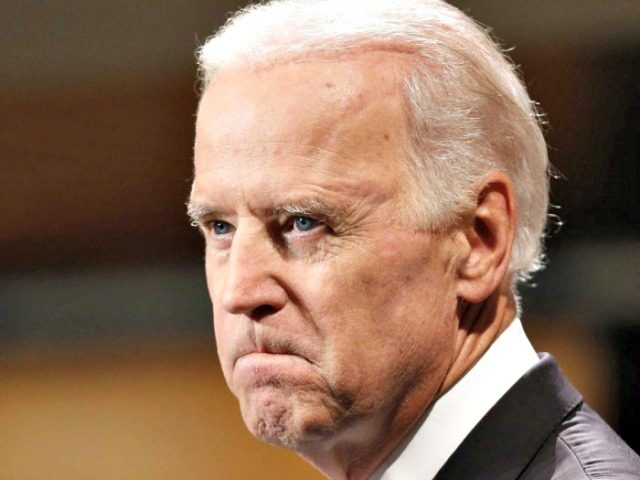The Washington Examiner uncovered an interview in the congressional archives of former Senator and Vice President Joe Biden speaking to National Public Radio (NPR) where he favored maintaining segregation between races, claiming it was better for “black pride.”
The Examiner reported:
Biden was speaking in 1975 when he opposed the federally mandated busing policy designed to end segregation in schools. In the past few decades, he has claimed he wanted desegregation but believed the policy of busing would not achieve it. Last year, he stated he had voted heroically to protect busing.
In 2008, after being chosen as Barack Obama’s vice-presidential running mate he said: “The struggle for civil rights was the animating political element of my life.” He appears poised to make his civil rights record a centerpiece of any campaign, telling an audience in Fort Lauderdale this week that “I came out of the civil rights movement. He added that he first became aware of what an “awful thing” segregation was as a third grader when he asked his mother why a bus was taking black children to a school away from where they lived.
But 44 years ago, facing a backlash against busing from white voters, the future vice president voiced concerns not just about the policy of busing, which he had supported when first seeking election in 1972, but about the impact of desegregation on American society. He argued that segregation was good for blacks and was what they wanted.
“I think the concept of busing … that we are going to integrate people so that they all have the same access and they learn to grow up with one another and all the rest, is a rejection of the whole movement of black pride,” Biden said, “is a rejection of the entire black awareness concept, where black is beautiful, black culture should be studied and the cultural awareness of the importance of their own identity.
Desegregation was “a rejection of the entire black awareness concept, where black is beautiful, black culture should be studied; and the cultural awareness of the importance of their own identity, their own individuality,” Biden said.
The Examiner reported that in the NPR interview was a discussion between the host, Biden and the only black Senator at that time — a Republican — Edward Brooke from Massachusetts and Biden told Brooke: “busing doesn’t work.”
“There are those of we social planners who think somehow that if we just subrogate [sic] man’s individual characteristics and traits by making sure that a presently heterogeneous society becomes a totally homogeneous society, that somehow we’re going to solve our social ills,” Biden said. “And quite to the contrary.”
The Examiner reported: “Brooke was bemused by Biden’s stance, saying, ‘I don’t think it’s a new liberalism to say that, you know, you can’t support busing.’ He added: ‘Actually, more than 40 percent ride buses to school every day. If it is used, he’s not against it for consolidation of schools, obviously, he’s against it for the desegregation of schools.’
In September 1975, the Examiner reported, Biden supported an anti-busing amendment to a federal bill Sen. Jesse Helms (R-NC) put forward.
Biden also supported an anti-busing amendment proposed by Sen. Robert Byrd, a Democrat from West Virginia who also was a member of the Ku Klux Klan — an affiliation he later apologized for but a fact often overlooked as part of the Democratic party’s role in promoting racism in America.
Larry Sabato, founder of the Center for Politics at the University of Virginia, told the Examiner that Biden’s busing stance could pose a problem for a 2020 presidential run, especially against other younger Democrats who aren’t running on so long a record as Biden, 78, who has been in office in one form or another for most of the past 46 years.
“He’s going to have to explain [his position on busing] … and a lot of other things, really, because he served for so long,” Sabato said.
Follow Penny Starr on Twitter

COMMENTS
Please let us know if you're having issues with commenting.